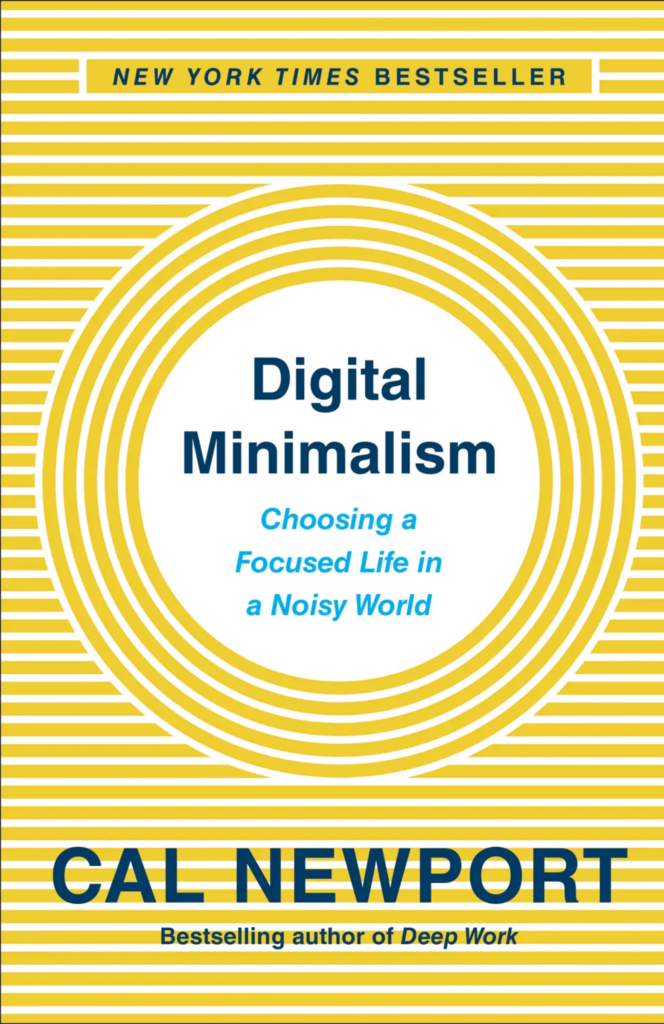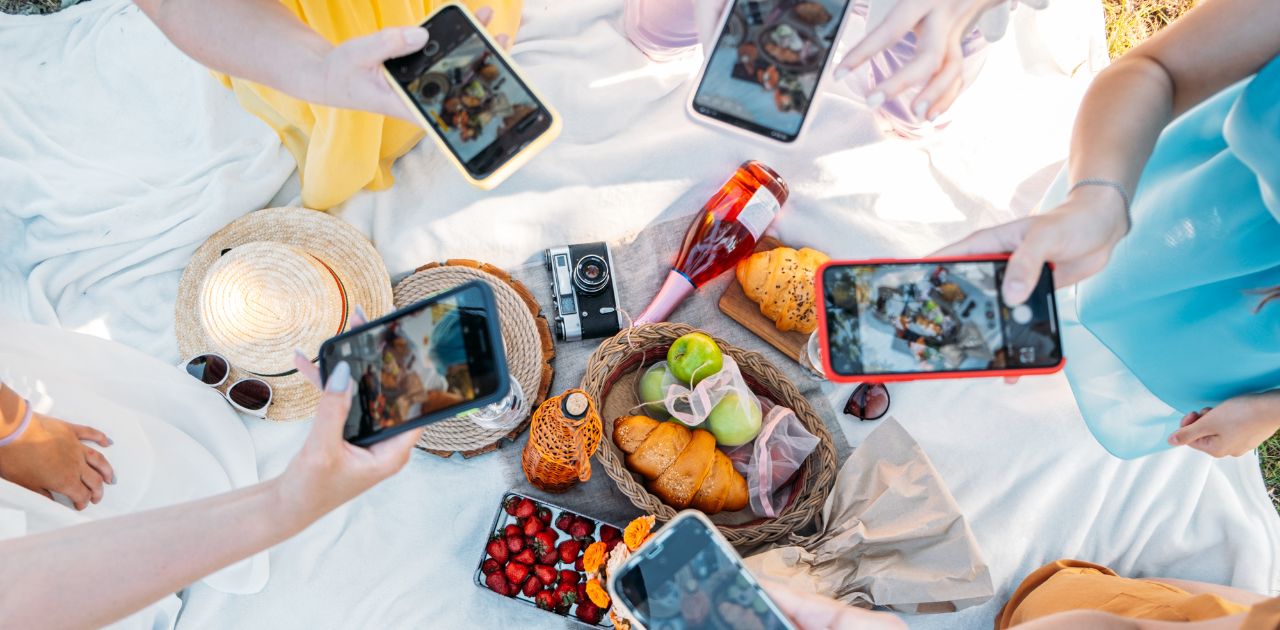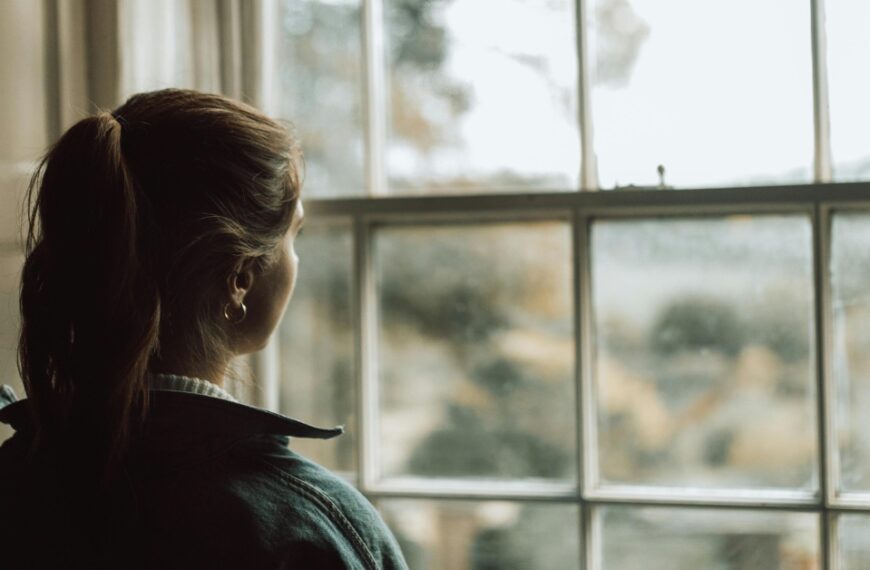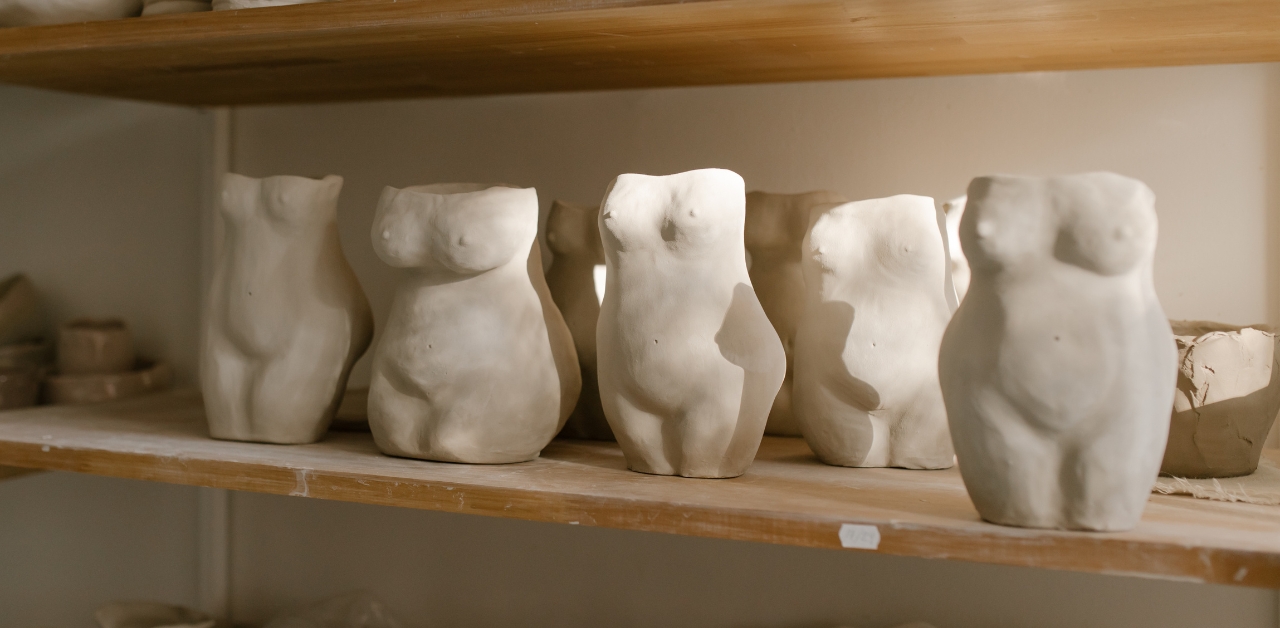If you’re a Millennial or Gen Z, you most likely grew up having a social media account. You shared moments from travels, events, and everyday life on Instagram or Facebook Stories. You post edited photos, spend time perfecting your captions, and then check to see who viewed your stories or reacted to your posts. Each notification sound would make you reach for your phone and you’d spend hours looking who reacted to your posts and replying to the comments.
Waking up in the morning, it becomes a mindless habit to pick up your phone and scroll through Instagram and Facebook feeds. Before you knew it, minutes and hours had passed. You hadn’t even made your bed or started your day.
This was me a years ago, until in 2023. When I started working remotely, I took a step back and decided to change things.
I realized that there’s more to life than having the need to share your life on social media.
Table of Contents
Our time on earth is limited
We often forget how our time is a precious commodity. Every second that ticks away is something that we won’t recover.
The endless scrolling and constant notifications can make us feel like there’s always something we need to keep up with.
Yet, when we step back, we realize that every minute spent online is a minute we could have spent doing something else. Something that aligns more with our values and goals.
Our time on earth is finite and how we spend it matters. We have the power to choose what fills our days, whether it’s dedicating time for hobbies, working on passion projects, planning the business we dream of, or strategizing our lives in ways that bring us true fulfillment. Unfortunately, it’s the social media apps who overpowers us instead of doing these things.
If we just step away from the constant pull of social media, we can reclaim those precious hours to focus on what truly enriches our lives.
If I hadn’t taken a step back from my toxic social media habits, I wouldn’t have the time and energy to learn new skills and improve my career. I wouldn’t have built this blog, my portfolio website, or even my husband’s photography and videography website. Most importantly, I wouldn’t have been able to become a better freelance worker to my clients because I would have been too distracted by the constant social media noise.
From comparison to contentment: Learning to appreciate what I have
Social media often has a way of making us feel like we’re not enough. We scroll through curated images of other people’s lives and compare ourselves to their seemingly perfect moments. Whether it’s their travels, their achievements, or their flawless appearances, it’s easy to fall into the trap of feeling inadequate.
For years, I struggled with an eating disorder and social media played a significant role in that battle. The constant exposure to idealized body types and filtered images fed my insecurities and distorted my sense of self-worth. I was comparing myself to what I saw online and felt pressured to look in a certain way to be accepted or successful.
Yet, when I took a step back from social media, I realized how much unnecessary pressure I’d been putting on myself. I started to appreciate the things I already had: My health, my relationships, my career, my body’s unique journey, and the overall progress I’d made in my life.
You don’t miss out on anything if you don’t share your life on social media
In this hyperconnected world, you might feel the fear of missing out (FOMO) if you’re not keeping up with the latest trends, events, or conversations on social media, but when I stepped away, I discovered something surprisingly freeing: The Joy of Missing Out (JOMO).
JOMO isn’t about isolating yourself or being disconnected from the world. It’s about freeing yourself from the pressure to constantly being online, comparing, or chasing after every trend. Instead of feeling like I had to be in the loop all the time, I started enjoying the peace that comes with being present in my own life.
There are days when a trending topic is all over social media and I only find out about it when a friend or neighbor mentions it. At first, I thought I’d feel left out, but I realized I’m still happy not knowing about it immediately. It’s refreshing not to feel the pressure to jump into every trending conversation or consume every bit of news. It allows me to live more intentionally and with less distraction.
We are the product and social media platforms profit from our time
When we’re scrolling through social media, we’re not just browsing for fun. We’re the product.
Social media platforms make their money through advertisements. The longer we stay on their sites, the more data they collect. Our time, attention, and personal information are valuable commodities that they use to drive their profits.
These companies hire engineers to design their platforms to be addictive and use algorithms that keep us hooked. They track everything we like, share, and comment on. They feed us content that’s tailored to keep us engaged. This constant stream of personalized content is driven by data they collect on us to optimize their ads. The more we engage, the more ads they can serve and the richer they get.
When I became aware of this, it made me rethink how I was spending my time. The hours I spent scrolling weren’t just taking away from my personal goals. They were enriching companies that had no real investment in my well-being. My time was being used to generate profit for someone else.
You don’t have to prove to people that you’re happy
There’s often a pressure to present a picture-perfect life on social media. We may feel compelled to share some moments to seek validation from others.
In reality, genuine happiness doesn’t require approval from an online audience. Authentic joy comes from within. It’s not something that should be measured by likes, comments, or the expectations of others.
When my husband and I were still dating for 4 years, I noticed how the world seemed to expect us to make our relationship public on social media. It was as though we needed to craft a PR strategy to announce that we weren’t single. I found that odd because I didn’t believe our relationship needed validation from anyone but us. I was contented with us spending weekends together and capturing photos for our memories, not for public consumption.
When we dined out, I focused on enjoying the meal and our conversations. It never felt natural for us to take a couple selfie and post it online. I wasn’t there to prove to my Facebook friends and Instagram followers that I had a boyfriend. I was there for our date – for us. In reality, those private moments held so much more meaning because they weren’t performed for an audience.
Even now that we’re married, we rarely share what we’ve been doing or post about our dates and travels on social media. What happens offline is far more valuable. This approach allows us to keep our special moments just for us and resolve any issues in private. No one would have a clue if we had an argument and that’s how we prefer it.
Instead of relying on public displays, we assure each other through our actions, not through a carefully curated photo with a lengthy caption. For us, sweet words are exchanged in person and not for others to see. Our romantic and even mundane moments feel more meaningful when they’re kept between us. By prioritizing the real life moments, we’ve created a relationship built on authenticity and trust, rather than the need to prove anything to anyone else.
Try letting go of the need to showcase your happiness and see that you will reclaim your real life experiences for yourself.
Happiness doesn’t need an audience to be real. It thrives in the quiet and genuine moments shared with people who matter in your life.
Human connections matter more than social connections
Social media can create the illusion of connection, but nothing compares to the depth and authenticity of real human interactions. While likes, comments, and messages might feel gratifying, they’re no substitute for meaningful conversations, shared experiences, and genuine bonds with the people around you.
Too often, we’re fixated on our phones, even when a real person is sitting right in front of us. It’s ironic how we scroll through social feeds in search of connection, while ignoring the opportunities to connect with the people physically present in our lives. Instead of retreating to your screen, try engaging with those around you.
When you’re out, resist the urge to check your phone and start a conversation instead. Talk to the saleslady assisting you, share a kind word with the grocery cashier, or strike up a conversation with a fellow passenger.
These small moments of connection remind us that there are real people in front of us. Focusing on human connections allows you to be present, to listen, and to truly engage with the people in your life.
There is more to life than just the highlight reel
Social media doesn’t show the full picture of someone’s life. It’s a carefully curated highlight reel that only shows the best moments, the most flattering angles, and the most exciting updates. What’s left out are the struggles, the mundane days, and the unpolished truths.
I’ve experienced this firsthand. Back then when I used to constantly post photos on Instagram, I would edit the colors using Lightroom or carefully select a picture that hid my unflattering angles. I wasn’t just sharing a moment. I was presenting a version of myself that I wanted others to see. Looking back, I realize how much effort I put into crafting that illusion and all for a fleeting sense of approval.
The hard truth is that what you see online is not the entire story. People choose what to share and often presenting an idealized version of their lives. Filters, captions, and selective posting can make even the most ordinary moments appear extraordinary.
So, it’s unfair to compare your everyday life to just someone else’s highlight reel. You’re only seeing a fraction of their reality.
Real life is messy, imperfect, and full of ups and downs. That’s what makes it meaningful.
Not everyone needs to be informed of our every move
We often feel pressure to update our every move on social media, whether we’re at a restaurant, on a trip, or simply spending time with loved ones. The truth is, not everyone needs to know where we are or what we’re doing at every moment of the day.
There’s a certain level of privacy that we should have and not everyone has the right to go in on every detail of our lives. It’s easy to assume that the more we share, the more connected we become, but real connection doesn’t require constant updates or tracking. Your experiences are your own and you can choose who gets to share in them.
When I’m having a meal with my husband, a friend, or with family members, I’m happier enjoying it without taking out my phone and snapping a photo of the meal. I don’t need to post every plate of the food to prove that I’m eating something delicious. When I’m shopping, I don’t want to make a little video of what’s in the store or what I bought. These small moments are richer when experienced in the moment, without the pressure to share them with the world.
Sharing less doesn’t mean you’re hiding anything. It means that you value your privacy and prioritize meaningful relationships over public attention.
The less I share online, the richer my real life moments become
Sharing less on social media has allowed me to be more present in the real world.
Without the pressure to capture every experience for an audience, I am more engaged in the activities I’m doing. The need to post lessens the distractions which allows me to connect with the people around me on a more genuine level.
It’s freeing to experience a moment without the urge to document it. When you share less, you’re not worried about how it’ll look to others. You’re focused on enjoying it in the here and now.
This shift in mindset has made my relationships more meaningful, too. Instead of looking for validation through likes and comments, I invest in real and authentic connections. These face-to-face moments that are free from digital interruptions feel far more enriching than anything that could be shared through a screen.
Reclaim your purpose in an offline world
Fast forward to 2025, I can’t imagine how different my life would be if I had remained constantly fixated on social media.
I would have missed out on a lot of meaningful moments and experiences.
The more we prioritize real-life interactions, the more we come to appreciate their true significance and the less we feel the need for external validation.
Life, when lived fully offline, is far more meaningful.
If you want to know more on how to live a focused life in a noisy social media world, I recommend reading the book, Digital Minimalism by Cal Newport. This book showed me how living intentionally with technology can lead to a more fulfilling and purposeful life.









Leave a Reply